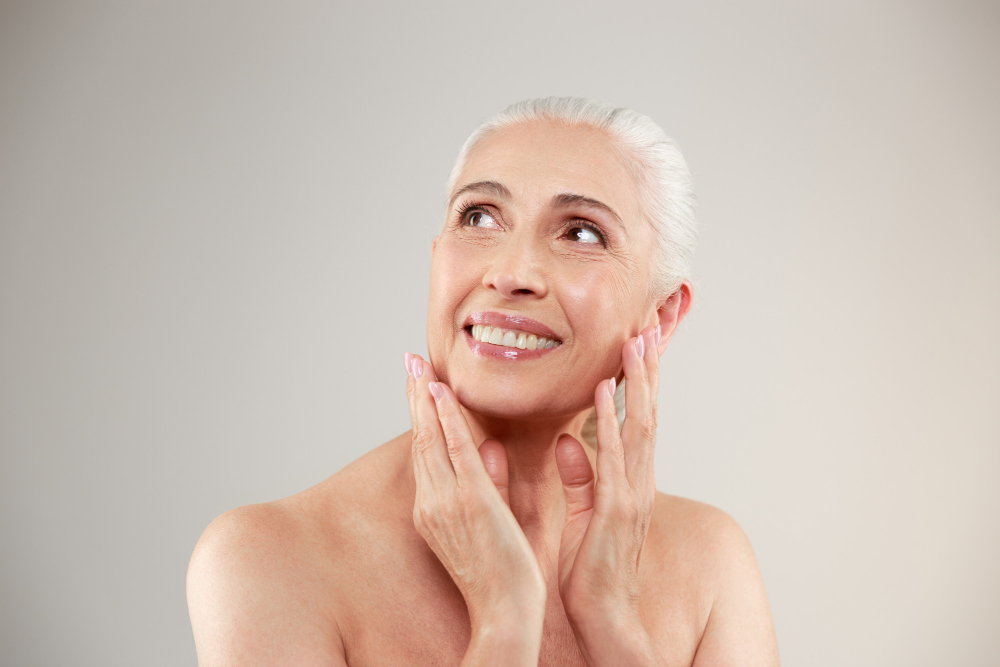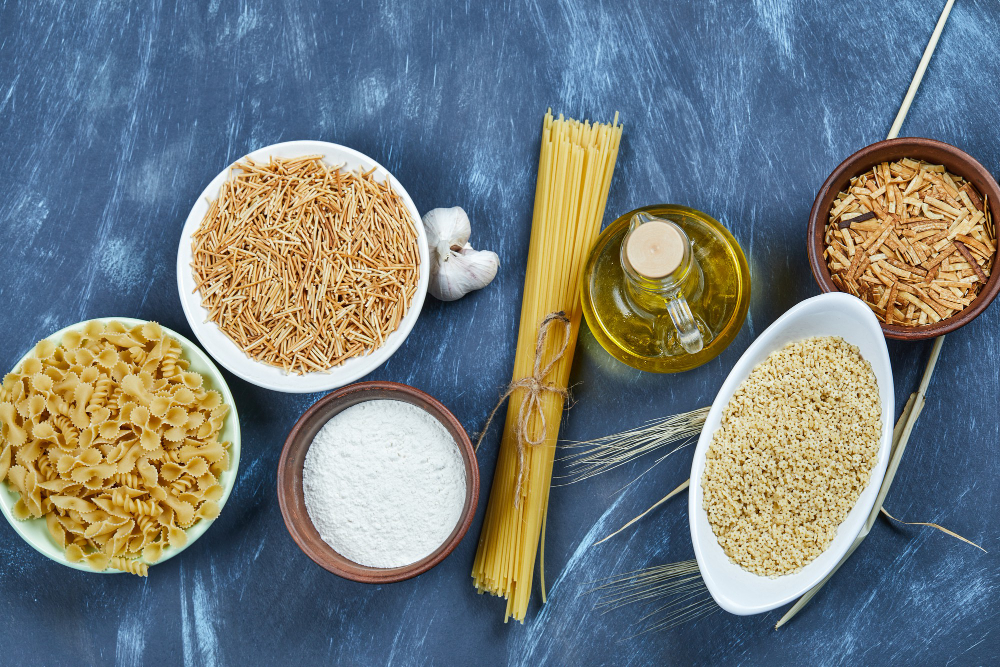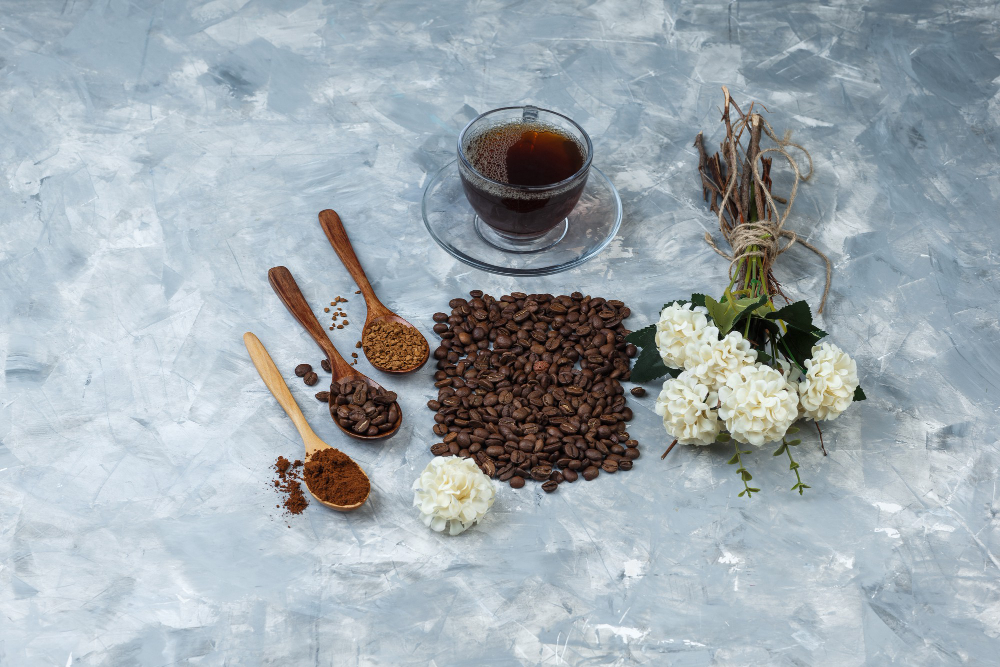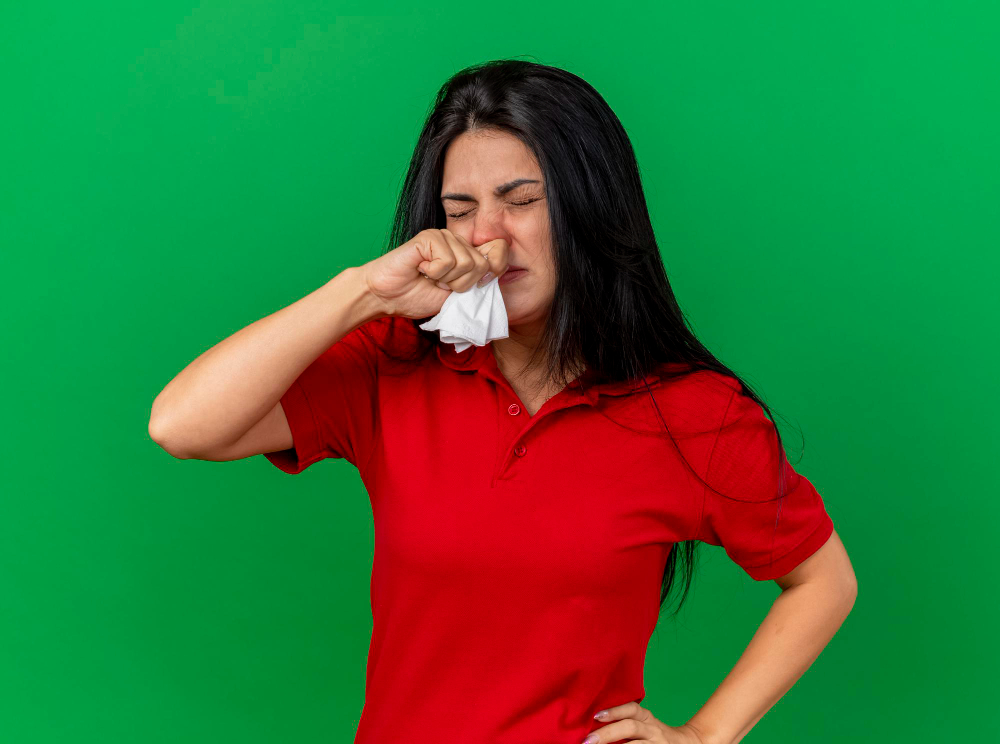
Acne is one of the most common skin concerns, affecting millions of people worldwide—from teenagers navigating puberty to adults dealing with stress, hormones, or skincare imbalances. While countless over-the-counter treatments and prescription medications promise clear skin, many people are turning to natural remedies for acne to avoid harsh chemicals, reduce side effects, and support long-term skin health.
The good news? Several natural ingredients and routines have been scientifically and traditionally proven to reduce acne, calm inflammation, and support a clearer complexion. In this article, we explore the best natural remedies for acne that actually work, backed by dermatological insights and age-old practices.
1. Tea Tree Oil
Tea tree oil is one of the most popular natural acne remedies—and for good reason. Extracted from the leaves of the Australian Melaleuca alternifolia plant, tea tree oil contains antibacterial and anti-inflammatory properties that can help reduce acne-causing bacteria and soothe irritated skin.
How to use:
- Dilute a few drops of tea tree oil with a carrier oil (like jojoba or coconut oil).
- Apply directly to pimples using a cotton swab once or twice daily.
Note: Never apply undiluted tea tree oil directly to the skin—it may cause dryness or irritation.
2. Aloe Vera
Known for its cooling and healing effects, aloe vera is excellent for calming inflamed, red, or irritated acne-prone skin. It’s packed with antioxidants, enzymes, vitamins A and C, and has antimicrobial properties that help cleanse the skin and reduce acne scars.
How to use:
- Scoop fresh aloe vera gel from the plant (or use 100% pure store-bought gel).
- Apply a thin layer to clean skin before bed or after cleansing.
- Use as a daily moisturizer or mask.
3. Honey and Cinnamon Mask
This powerful combination brings together two potent antimicrobial and anti-inflammatory agents. Honey is a natural antibacterial humectant that draws moisture to the skin, while cinnamon improves blood circulation and combats bacteria.
How to use:
- Mix 2 tablespoons of raw honey with 1 teaspoon of cinnamon to form a paste.
- Apply the mixture to clean skin and leave it on for 10–15 minutes.
- Rinse with warm water.
Use this mask 1–2 times per week for best results.
4. Apple Cider Vinegar (ACV)
Rich in organic acids, apple cider vinegar helps exfoliate the skin, kill acne-causing bacteria, and balance pH levels. Its acetic, citric, and succinic acids are known for reducing the appearance of acne scars and minimizing oil production.
How to use:
- Mix 1 part ACV with 3 parts water (more for sensitive skin).
- Apply gently to the skin using a cotton ball.
- Leave on for 5–20 seconds, then rinse thoroughly.
Start slowly, and always perform a patch test—ACV can be quite strong.
5. Green Tea Extract
Green tea isn’t just a soothing drink—it also works wonders when applied to the skin. It contains powerful antioxidants like EGCG (epigallocatechin-3-gallate), which help reduce inflammation, fight bacteria, and regulate sebum (oil) production.
How to use:
- Brew green tea and allow it to cool.
- Use a cotton pad to apply it to your face, or pour it into a spray bottle as a mist.
- Leave it on or rinse off after 10 minutes.
For a stronger effect, look for green tea extract serums with high EGCG concentration.
6. Witch Hazel
Witch hazel is a natural astringent derived from the bark and leaves of the Hamamelis virginiana plant. It reduces oil production, tightens pores, and calms redness and swelling—all beneficial for acne-prone skin.
How to use:
- Apply witch hazel toner to the face with a cotton pad after cleansing.
- Use once or twice daily before moisturizing.
Choose alcohol-free formulas to avoid excessive drying.
7. Turmeric
Turmeric has been used in Ayurvedic medicine for centuries. Its active compound curcumin has anti-inflammatory, antimicrobial, and antioxidant effects, making it ideal for acne treatment and reducing post-acne scars.
How to use:
- Mix 1 teaspoon of turmeric powder with honey or yogurt to form a paste.
- Apply to the affected areas for 10–15 minutes, then rinse.
Be cautious—turmeric can stain fabrics and leave a yellow tint on light skin (which usually fades after cleansing).
8. Zinc Supplements
Zinc is a mineral essential for skin healing and immune function. Numerous studies show that people with acne often have lower levels of zinc, and supplementation can reduce the frequency and severity of breakouts.
Recommended dosage:
- 30–45 mg of elemental zinc daily.
- Take with food to avoid nausea.
Always consult a healthcare provider before starting supplements.
9. Oatmeal and Yogurt Mask
This calming, soothing mask works wonders for sensitive and inflamed skin. Oatmeal is a natural anti-inflammatory, and yogurt contains lactic acid that gently exfoliates and nourishes.
How to use:
- Mix 2 tablespoons of ground oats with plain yogurt to form a paste.
- Apply to clean skin and leave on for 15–20 minutes.
- Rinse with lukewarm water.
Use this mask once or twice a week to hydrate and calm acne-prone skin.
10. Healthy Lifestyle Habits That Support Clear Skin
While topical treatments help, acne is often influenced by what’s going on inside the body. Support your natural remedies with healthy lifestyle practices:
✔ Eat an Anti-Inflammatory Diet
Include plenty of fruits, vegetables, lean protein, and omega-3-rich foods (like salmon, walnuts, and chia seeds). Avoid sugary and highly processed foods that spike insulin and promote breakouts.
✔ Stay Hydrated
Drinking enough water helps flush toxins from the body and supports healthy skin hydration.
✔ Manage Stress
Stress increases cortisol levels, which can worsen acne. Practice deep breathing, yoga, journaling, or other relaxation techniques.
✔ Get Adequate Sleep
Aim for 7–9 hours of quality sleep each night to allow your skin to repair and regenerate.
When it comes to treating acne, nature offers some truly effective solutions. These natural remedies for acne actually work, especially when used consistently and alongside a clean diet and balanced lifestyle.
While these remedies can provide excellent results, it’s essential to remember that every skin type is different. What works for one person may not work for another. Always perform patch tests, listen to your skin, and consult a dermatologist if acne becomes severe or persistent.
Instead of relying on quick fixes, focus on nurturing your skin gently, consistently, and naturally—and watch it reward you with clarity and confidence.
Homemade Protein Bars with No Weird Ingredients
![]()







